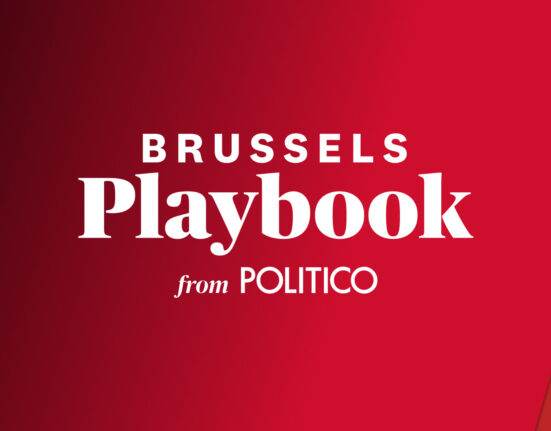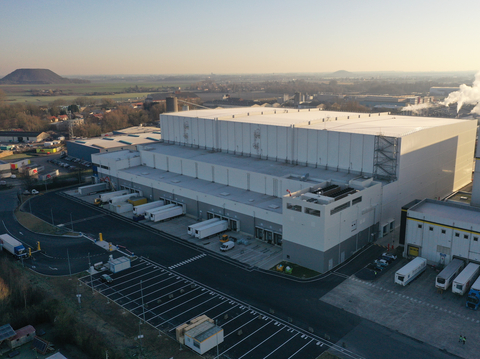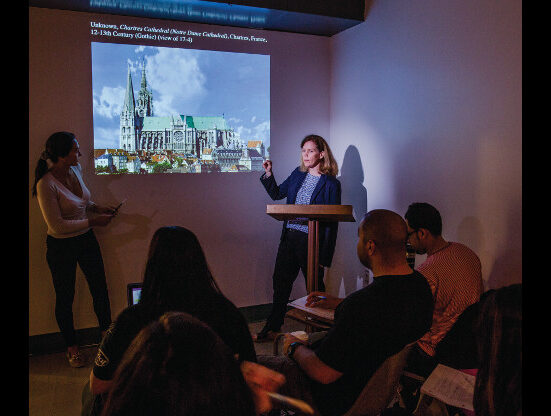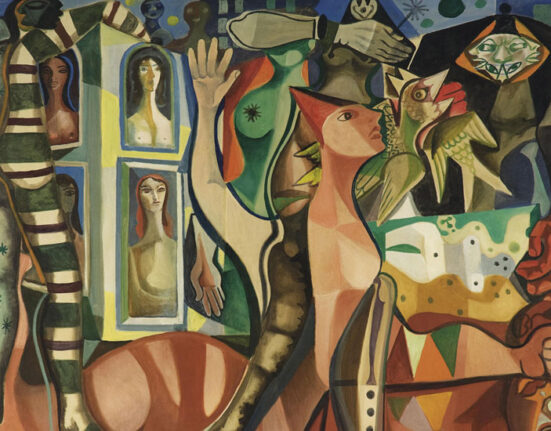Unlock the Editor’s Digest for free
Roula Khalaf, Editor of the FT, selects her favourite stories in this weekly newsletter.
After a strong recent run, the art market might have expected to continue its bullish sprint. But a cooling became apparent last month at Frieze New York, where dealers say price tags for works that sold were generally below $1mn, and at the city’s flagship auctions, which offered mixed results. The question for the 284 galleries at this year’s edition of Art Basel (June 15-18) is whether this chill wind, driven by economic uncertainty, blows all the way to Europe. The fair will be a major test for the Modern and contemporary art market, as will London’s June auction series.
“Frieze [in New York] seemed more of a slow burn than a one-day frenzy but I think the best works sold as expected,” says Miami-based art adviser Lisa Austin. Meanwhile, Sotheby’s contemporary art sales in New York just met expectations and Christie’s offering of 65 works from the late Bostonian collector Gerald Fineberg were also underwhelming.
Big players in the market are acknowledging the slowdown. A Christie’s spokesperson says: “In May we saw a real correction which was already palpable in November 2022, but not a crash or a collapse of the market. With the right estimates and sales formats, the market continues to be lively.” The auction house pointed to strong prices for works by Henri Rousseau and Jean-Michel Basquiat and successful day sales.
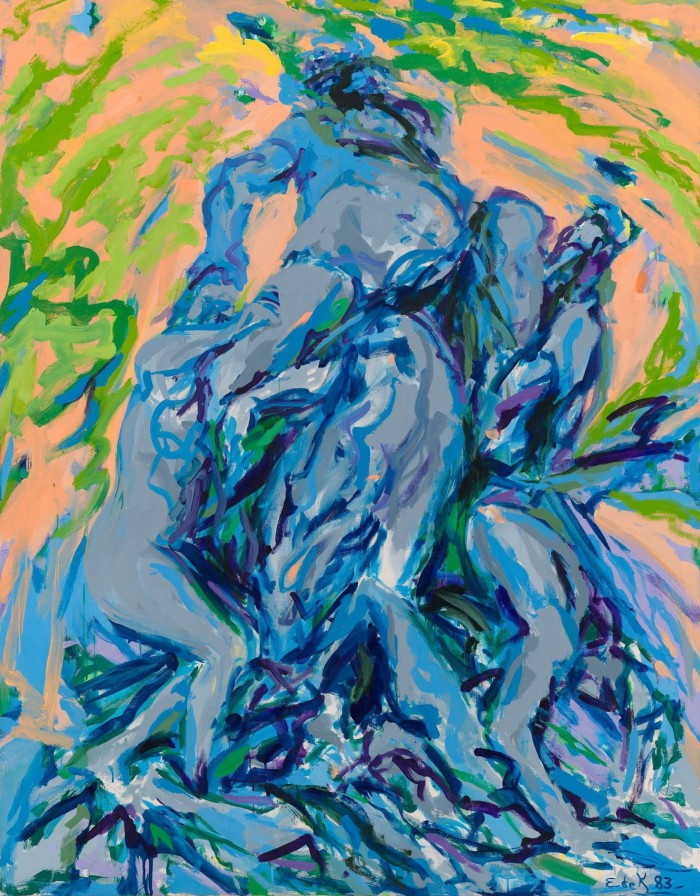
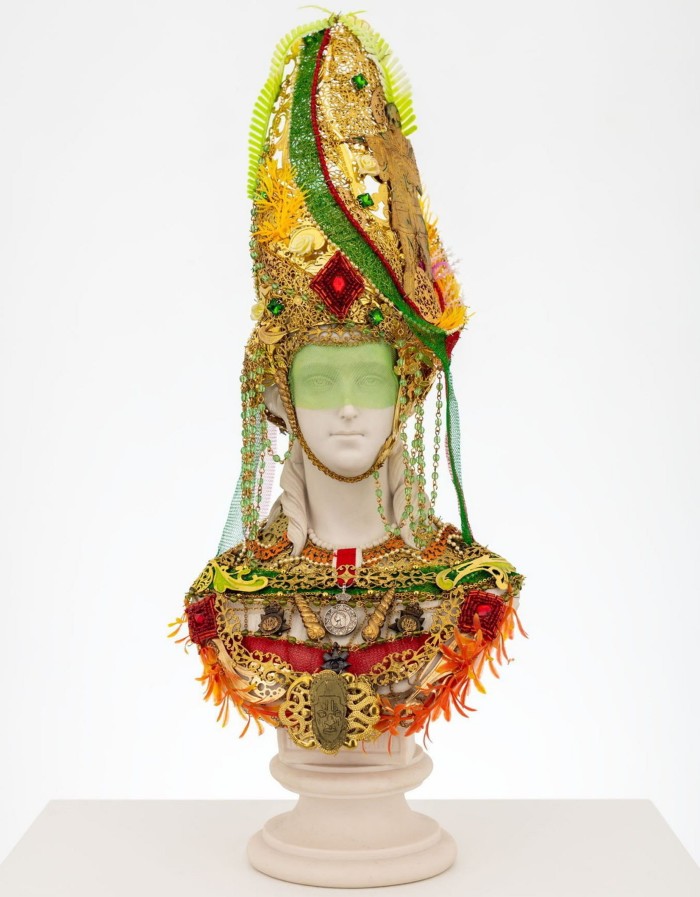
“The market is readjusting and moving away from the frenzy of the past few years,” says a spokesperson for French gallery Almine Rech, echoing a sentiment shared by many across the art trade. In Basel, the gallery is showing a painting by Elaine de Kooning from her Bacchus series along with new works by UK artist Hew Locke (prices on the booth range from $80,000 to $3mn).
During the past 12 months, Europe has been holding up. “European fairs such as Tefaf Maastricht and Art Paris were successful for us in terms of sales,” says Yves Zlotowski, the director of Galerie Zlotowski, which is dedicating its booth to “avant-garde queen” Sonia Delaunay, offering pieces such as her “Rayures” gouache (1949, around €80,000).
US and European collectors currently hold sway in the market but there are hopes that collectors from the rest of the world are picking up the slack. Those moving things forward are from Asia, Latin America and the Middle East, says Lorenzo Fiaschi, co-founder of Galleria Continua, which is showing works by Anish Kapoor and Adel Abdessemed at Art Basel.

“There might be some slowing down but we don’t feel it as the overall market is constantly growing, including new collectors in Asia we didn’t know two years ago,” adds gallerist Thaddaeus Ropac. Asia has become a key power in the art market in the past decade, but it is very China-dependent. The UK narrowly overtook China as the second biggest market in 2022, according to the latest Art Market report published by Art Basel and UBS.
Once the Basel fair is done, attention tuns to London. “We hope and we expect our June sales in London to confirm the market still responds well when works are at the right estimate,” says the spokesperson from Christie’s. The auction house is banking on a 1984 Basquiat work depicting Picasso (est £4.5mn-£6.5mn) to perform well.
“A cooling in the market can create great opportunities as collectors become more focused on finding quality with value,” says Liza Essers, director of the Johannesburg and London-based Goodman Gallery. At Art Basel, the gallery will show “The African Library” by Yinka Shonibare (£1.5mn) in the Unlimited section as well as works by “rising talents” including Nolan Oswald Dennis, Pamela Phatsimo Sunstrum and Misheck Masamvu ($10,000-$60,000).
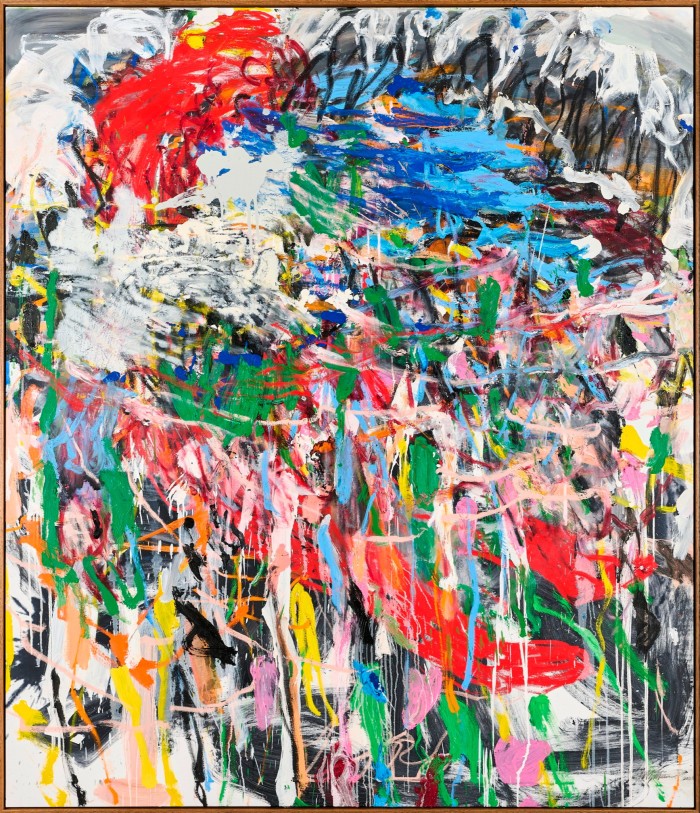
According to New York based art adviser Candace Worth, it is worth seeing “the market” as a more complex organism: “It is comprised of thousands of micro-markets and while prices for many artists’ work have softened, many others remain strong and robust and maybe even overinflated.” And if some collectors are falling out of the market, the pool is widening with the new thirtysomething generation, she adds.
Worth adds that dealers bringing blue-chip secondary-market material to Art Basel are bracing nonetheless for a less competitive buying pool. “Buyers are definitely showing more caution at the higher price points, over $1mn.” But numerous younger and mid-career artists continue to have long waiting lists and deep buying pools for their work, she says.
Florence-based collector Christian Levett thinks the more diverse areas of the market still stand to gain. “Galleries are getting behind large numbers of contemporary artists, particularly women and multicultural practitioners, building demand over supply for those artists, often at lightning speeds, with a similar effect on their auction prices,” he says.
The art world, as lustrous and hermetic as it might seem, is nevertheless at the mercy of real-world issues, such as a potential escalation of the war in Ukraine or worsening economic data. “Inflation and the rise in interest rates have caused a gyration in the financial markets over the last 12 months and have maybe led to a pause in some buyers’ minds,” says Levett. In this climate, all eyes will be on who walks through the doors in Basel next week, and whether sales are made across the board.


